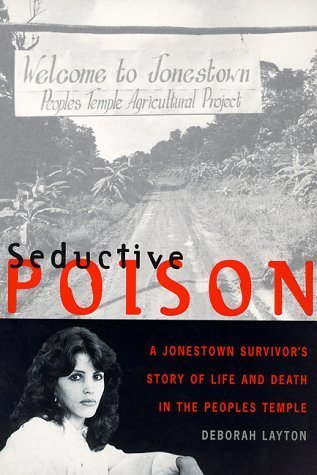What do you think?
Rate this book


309 pages, Hardcover
First published January 1, 1997






People do not knowingly join “cults” that will ultimately destroy and kill them. People join self-help groups, churches, political movements, college campus dinner socials, and the like, in an effort to be a part of something larger than themselves. It is mostly the innocent and naive who find themselves entrapped. In their openhearted endeavor to find meaning in their lives, they walk blindly into the promise of ultimate answers and a higher purpose. It is usually only gradually that a group turns into or reveals itself as a cult, becomes malignant, but by then it is often too late.